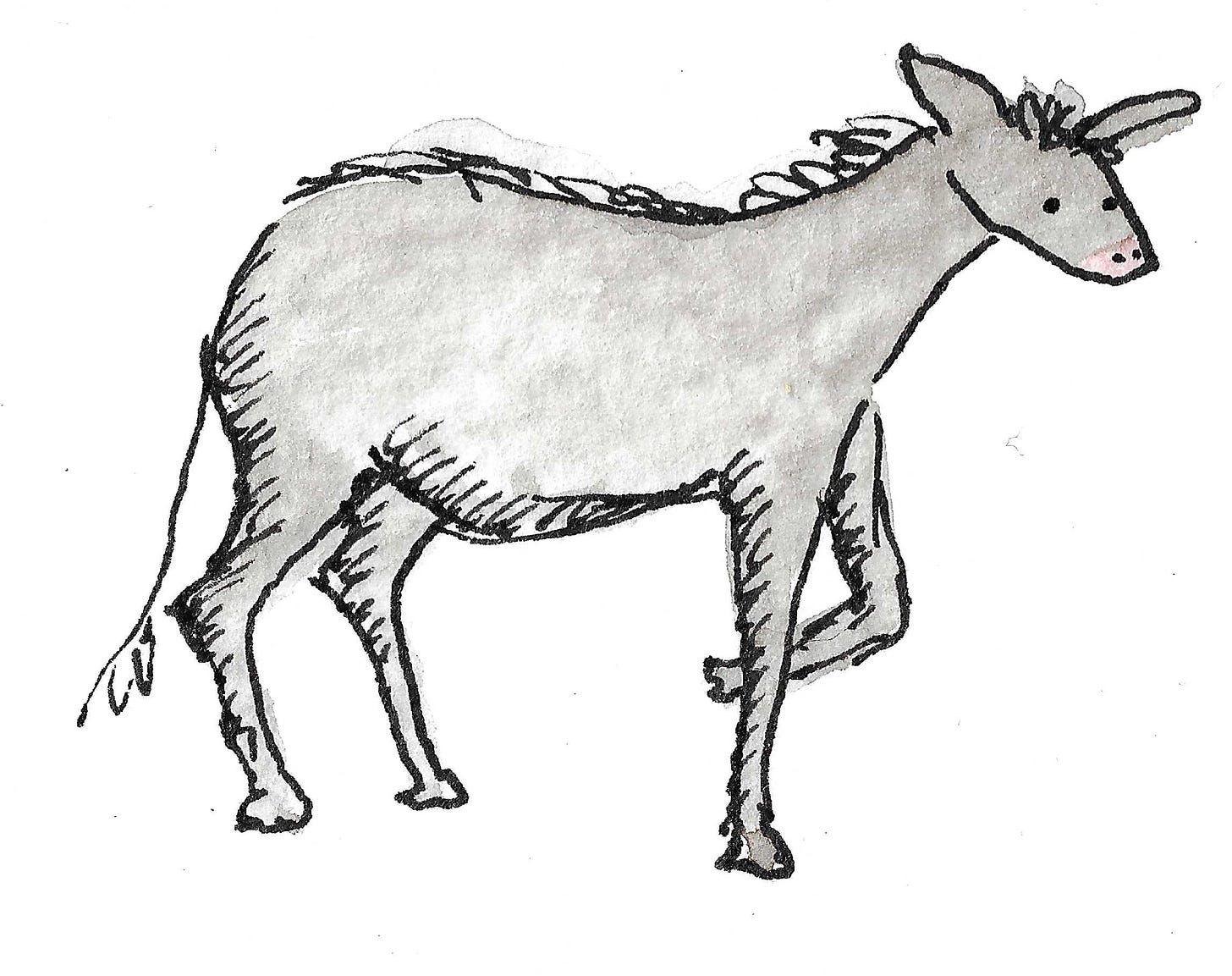Welcome to Our Dairy Bar!
We’re so glad you chose to drink at The Daily Dairy. Below is a list of all our milks, along with a short description of the benefits of each one. Our milks are all ethically and responsibly sourced, so you can drink them guilt-free.
Cow milk: A classic for a reason. Everyone knows what a cow is, we think. This milk has an average of 2.9% fat, a lot of calcium, and a number of other minerals.
Goat milk: A less popular milk in the West, goat milk nevertheless has a strong following around the world. Again, no need to describe the animal — if you have any questions, just ask our baristas. It has an average of 4.14% fat, slightly more calcium than cow milk, and is a favorite among cheesemakers.
Sheep milk: Yet another milk that’s popular among human populations. Sheep are commonly known for their wool, but their milk is just as nice (if usually less warm). Sheep milk has an average of 7.1% fat, way more calcium than cow or goat milk, and generally a lot of good minerals.
Donkey milk: Everyone loves donkeys, with their long, fuzzy ears and vaguely forlorn expression. Fewer people think about their milk, which is quite low on fat (1.8%) and protein (1.7%) but has a decent amount of sugars (5.9%) and some minerals. It probably tastes a bit like horse milk, which is used by humans in certain parts of the world.
Platypus milk: Ah, the platypus, that burden to the scientific conventions of animal classification. It swims, it lays eggs, it has a beak, and yet it produces milk! Granted, that milk comes out of its skin and not a designated udder or nipple, but if it makes milk, it’s a mammal (unless it’s a tsetse fly. But we don’t talk about them). It’s got a whopping 22.2% fat content and 8.2% protein, but relatively little sugar (3.7%).
Little brown bat milk: The milk of a little brown bat, not a small amount of brown bat milk. A small bat that lives in Eastern Canada, among other places. 15.8% fat, 8.5% protein, and 4% sugars. With that much fat and protein, baby bats grow up quick. And so will you!
Northern elephant seal milk: Elephant seals spend a lot of time in the ocean, which is not known for its warmth (literal or figurative). So it may not surprise you to learn that a baby Northern elephant seal needs all the fat and nutrients it can get to protect itself from the temperatures of the deep: 51.9% fat, 10.2% protein, and very little sugar.
Short-beaked echidna milk: The echidna is another one of Australia’s mystery mammals, like the platypus. Apparently, the young only suckle every couple of days, as opposed to the multiple times a day human babies usually nurse. With such long intervals between feeding times, it makes sense for their milk to contain 31% fat, 12.4% protein, and 2.3% sugar.
If there are any other kinds of milk you’d like to try, let our staff know!
Also, some of these percentages may seem weird to you. Just remember, milk composition varies not only from species to species, but also according to the age of the baby, time of day, mother’s diet, and a whole lot more. If you want more specifics on these milks, click here.












